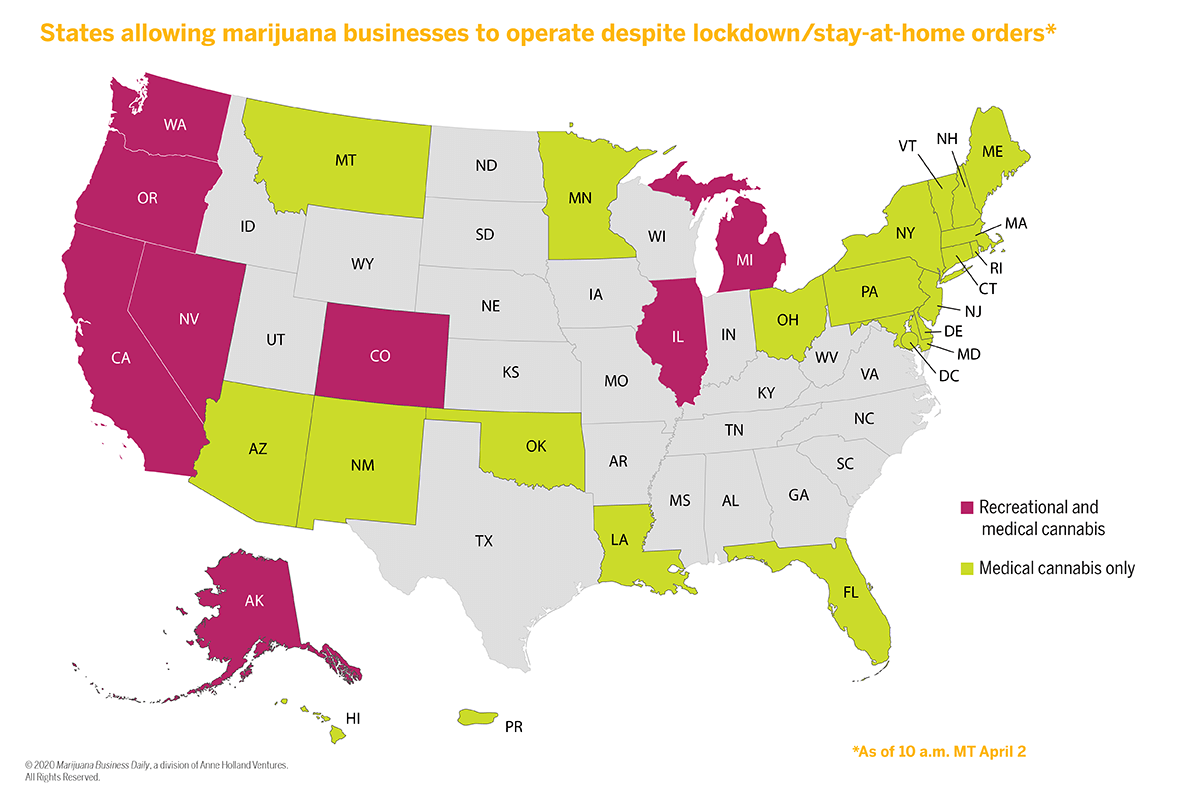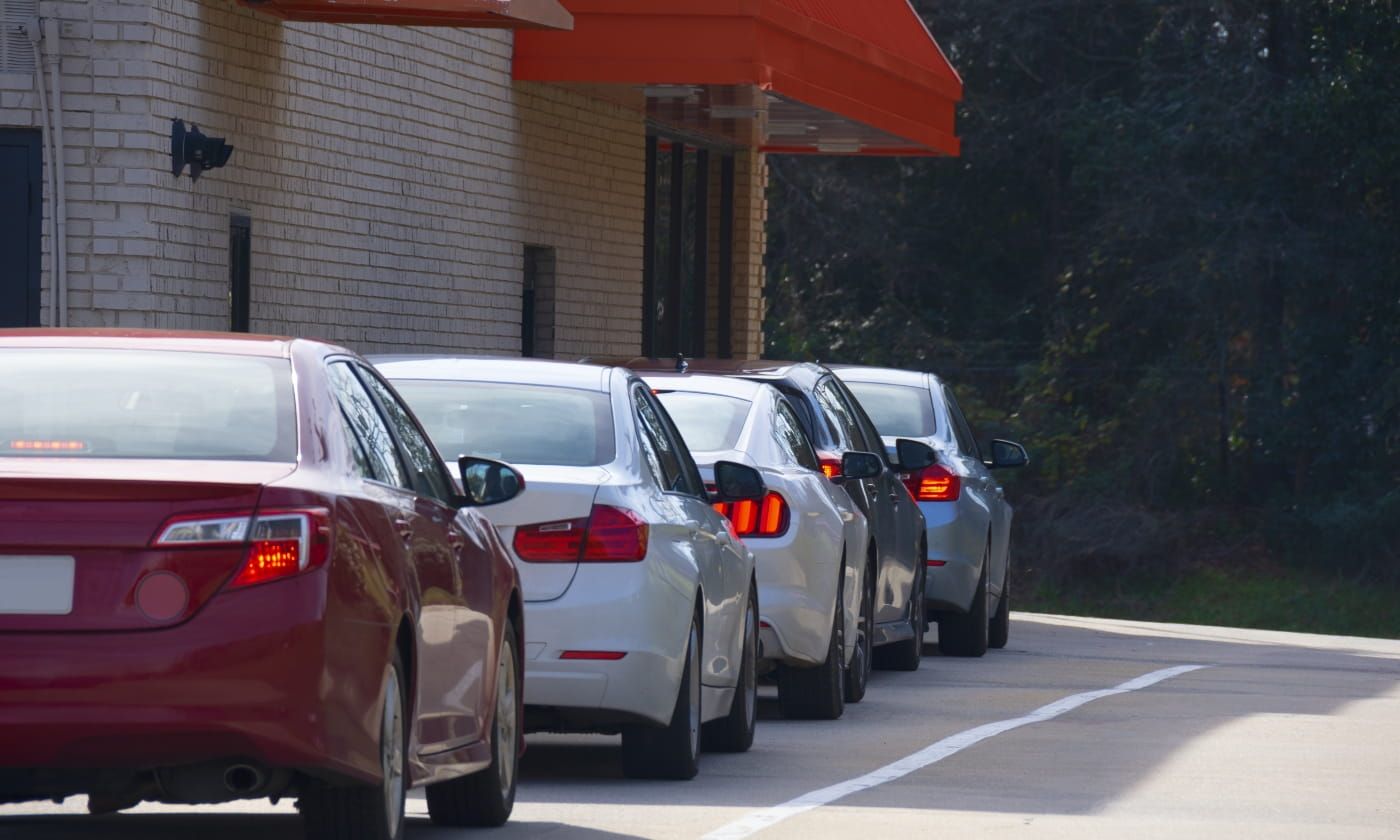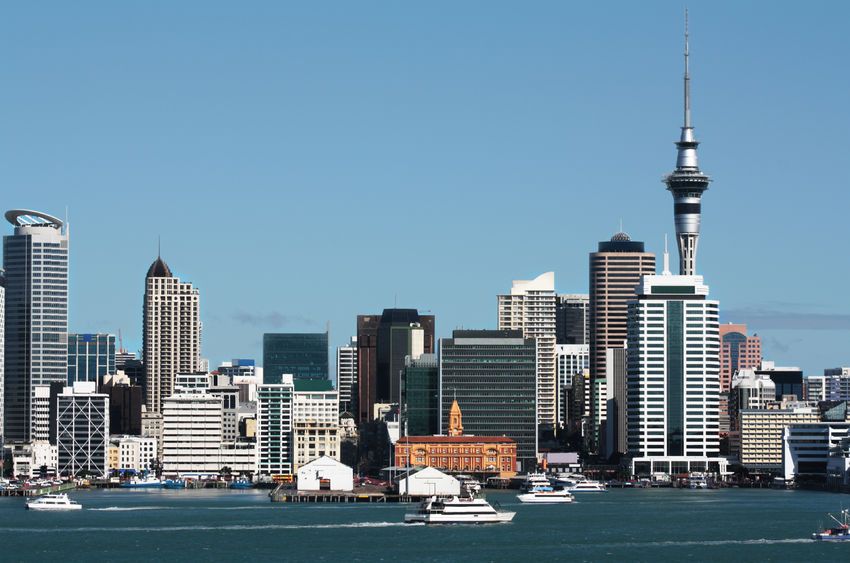(This is a regular column that delves into the complicated issues surrounding California’s immense cannabis market from the vantage point of Marijuana Business Daily Senior Reporter John Schroyer. Based in Sacramento, he’s written about the cannabis industry since joining MJBizDaily in 2014.)
The COVID-19 crisis has slammed into the California marijuana industry – just as it has with more mainstream industries – and raised more questions about the sustainability of the state’s already fragile cannabis business environment.
Apart from dealing with challenges around protective measures to keep employees and customers safe, cannabis businesses also must worry about:
- Potential restrictions coming from local government related to marijuana sales practices.
- A roller coaster of sales spikes and dips.
- A lack of governmental assistance and more.
One recent incident that illustrates how the coronavirus pandemic is creating havoc for the industry arose when Southern California-based Lowell Farms hosted a Women’s Day Brunch at its offices on March 8.
West Hollywood Mayor John D’Amico was among those who showed up to rub elbows with members of the cannabis industry.
A week and a half later, D’Amico’s office disclosed he had tested positive for coronavirus. The mayor has since recovered from the illness.
Lowell Farms decided out of an “abundance of caution” to alert – via an email from the company’s vice president of sales, Shaun Hurley – everyone who’d attended the gathering that they might have been infected, according to a spokeswoman.
“We are following the (Centers for Disease Control and Prevention) guidelines and alerting all our guests to this situation and would ask that for those of you who had close contact with the mayor, please stay home for 14 days and remain alert for any symptoms,” Hurley wrote in his email, which also emphasized “the risk of transmission for (party guests) who were not in close contact with this individual is low.”
Ongoing battles to keep MJ sales going
“What’s next? Locusts? You’ve got the vape crisis, then capital markets implosion, then a global pandemic,” Gavin Kogan, CEO of Salinas-based Grupo Flor, said in summing up the ongoing hits the California marijuana industry keeps absorbing.
The West Hollywood incident aside, a different battlefront has also emerged in various parts of California: one between industry stakeholders and local officials who might be tempted to restrict marijuana sales in the name of containing the virus.
“I’ve been putting out fires all over the state” in recent weeks, said Bay Area cannabis attorney James Anthony, who’s been working with marijuana companies for more than 15 years.
An example involves Santa Clara County, whose centerpiece is San Jose.
County health officials last week decreed that all recreational cannabis sales in that city must occur via delivery only, with no curbside pickups allowed. Medical marijuana sales are still permitted via curbside or in-store visits.
But that effectively means that several San Jose shops will have to close, Anthony said, because they’re not yet licensed by the state to perform home deliveries – and securing those permits could take months.
At the moment, the state Bureau of Cannabis Control is deferring to local authorities and backing whatever restrictions locals believe are necessary, despite the classification of the entire industry as “essential” by Gov. Gavin Newsom’s administration.
That’s left San Jose shops that don’t have delivery licenses with a very small customer base, since medical marijuana has morphed into much more of an over-the-counter type of medicine and most patients don’t currently carry MMJ recommendations or cards, Anthony said.
Anthony and other industry stakeholders are currently circulating an online petition to urge county officials to reverse their decision. As of Monday, the movement had garnered more than 17,000 signatures.
On top of that, industry activists have persuaded two state lawmakers and five San Jose City Council members to write to the Santa Clara County health department urging a reversal of the delivery-only policy for recreational marijuana retailers, according to Hirsh Jain, director of government affairs for Caliva, a retailer in the city.
A similar situation played out in Berkeley toward the end of March, when the city’s health department issued an order that all marijuana sales must happen by delivery.
But that order was reversed after a similar outcry from the industry and cannabis consumers.
Marijuana business watchers such as Anthony have looked to head off similar policy proposals in San Francisco, Santa Cruz and Sonoma counties, among others.
Still, it’s an ongoing concern, Anthony said, because health departments or other officials might take action even if they don’t understand how many medical patients rely on adult-use marijuana businesses to obtain the MMJ they need.
“I’m concerned that there’s uncertainty at the local level,” Anthony said, noting that, from a practical standpoint for customers, “there’s no difference between medical and recreational.”
Mixture of sales impacts
One of the longer-term questions – especially for those in the legal California marijuana industry – has revolved around whether a March spike in sales could last enough to become a sustainable sales trend, as opposed to a blip on the annual radar and attributable only to panic buying.
So far, the answer is unclear, and a swath of different retailers had a range of results as of the end of March.
For example, delivery services – including California-based giants Eaze and Weedmaps – reported sales were still above average at the end of March.
An Eaze spokeswoman reported that between March 13 and March 27:
- New customer sign-ups online were up 74%.
- First-time deliveries were up 40%.
- Volume of product purchased was up 22%.
A Weedmaps spokesman said that “order volume has exploded” for the site as of March 27, up between three and five times volumes per day in 2019.
Smaller operators, however, reported a quick downturn after the mid-March spike but said sales were still above average compared to 2019.
“I’d say that the 10 days, ending (March 22), the average of that was probably the best 10-day period we’ve had since we’ve been operating,” said Bryce Berryessa, who runs Treehouse, a cannabis shop in Santa Cruz.
He noted that for the week of March 24-28, “our sales are probably down about 15% and the number of people we’re seeing is down about 20%.”
Other retailers reported a similar dip.
The upshot is it’s too early to tell if the sales boost in March might translate into a reliable new consumer base.
John Schroyer can be reached at johns@mjbizdaily.com
(Click here to read the previous installment of this ongoing column.)
For more of Marijuana Business Daily’s ongoing coverage of the coronavirus pandemic and its effects on the cannabis industry, click here.






